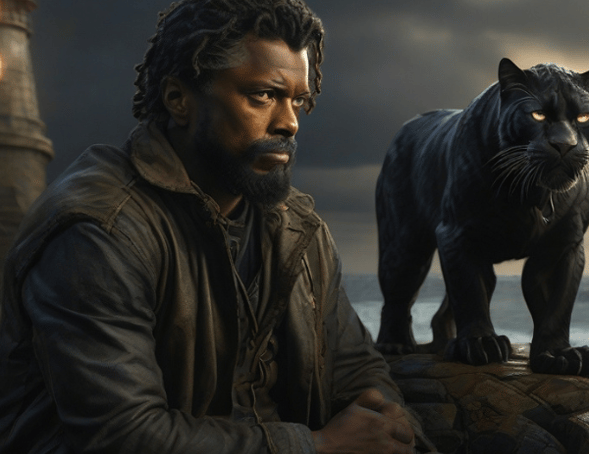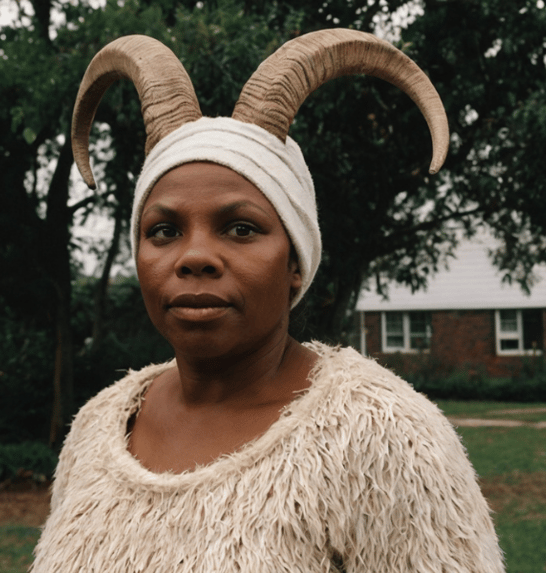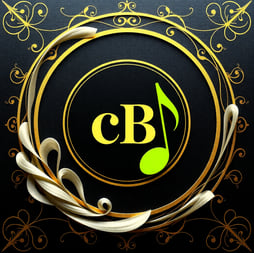How I write your Auto-biography...
Writing your autobiography requires reflection on various aspects of your life. I use a list of interview questions to formulate the story. We can start the story from childhood (chronological style)
Definition: This approach presents events in the order they occurred, starting with early life and progressing through adulthood.
Advantages:
Clear and easy to follow.
Provides a complete picture of the subject's life journey.
Best For: Traditional autobiographies that aim to document a person's life comprehensively.
Example: "I was born in 1960 in a small village. My childhood was filled with joy, playing in the fields, and learning life lessons from my parents."


Choosing the Right Style
The choice of writing style should depend on:
Your Story: Is it a life overview, a specific period, or a set of experiences?
Your Audience: Are you writing for family, friends, or a broader audience?
Your Purpose: Do you want to inform, inspire, entertain, or reflect?.
2. or we can start with a reflective style;
Definition: Combines life events with introspection and analysis, offering insights into the meaning and impact of experiences.
Advantages:
Offers a philosophical or emotional depth.
Encourages readers to relate the story to their own lives.
Best For: Exploring personal growth, spirituality, or lessons learned.
Example: "Looking back, I realize that the hardships I faced in my twenties were necessary. They taught me strength and humility."
3. Maybe you want a thematic Style:
Definition: Focuses on specific themes, such as career, family, struggles, or passions, rather than chronological events.
Advantages:
Offers deeper insights into key aspects of the subject's life.
Avoids unnecessary details unrelated to the theme.
Best For: Highlighting a central message or particular aspect of the writer’s life.
Example: "Throughout my life, resilience has been my guiding force, whether in overcoming childhood poverty or building my business from the ground up."






4. Or maybe a Memoir Style
Definition: Centers on specific moments or experiences in your life, rather than the entire life story.
Advantages:
More focused and engaging.
Allows for vivid storytelling and emotional depth.
Best For: Exploring pivotal moments, relationships, or life lessons.
Example: "The summer of 1985 changed my life forever. It was the year I met my mentor, who taught me the value of persistence."
5. Narrative Style
Definition: Written like a story, with dramatic elements, dialogue, and vivid descriptions to immerse the reader.
Advantages:
Highly engaging and entertaining.
Reads like a novel, keeping the reader hooked.
Best For: Writers with strong storytelling skills or extraordinary life events.
Example: "The train station was bustling, and I could feel the weight of the decision I was about to make. It was the moment that would define my future."
6. Confessional Style
Definition: Focuses on revealing deeply personal or controversial aspects of your life.
Advantages:
Creates a sense of authenticity and vulnerability.
Connects with readers on a personal level.
Best For: Exploring sensitive topics, challenges, or redemption arcs.
Example: "I never thought I’d be able to forgive myself for the mistakes I made, but the journey to self-acceptance was worth every step."
7. Inspirational Style
Definition: Written with the goal of motivating and inspiring readers through your life experiences and achievements.
Advantages:
Focuses on positivity and overcoming adversity.
Leaves a lasting impact on readers.
Best For: Stories of triumph, personal growth, or resilience.
Example: "When I was at my lowest point, I found strength within me I never knew existed. This is the story of how I rebuilt my life."




8. Hybrid Style
Definition: Combines elements of different styles, such as blending a chronological approach with thematic or reflective insights.
Advantages:
Offers flexibility to suit the author’s unique story.
Captures the complexity of life experiences.
Best For: Writers looking for a unique and personalized format.
Example:"From my humble beginnings to becoming a leader in my industry, this is not just a story about success—it’s a journey of self-discovery."


